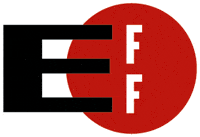Articles by Electronic Frontier Foundation (EFF)
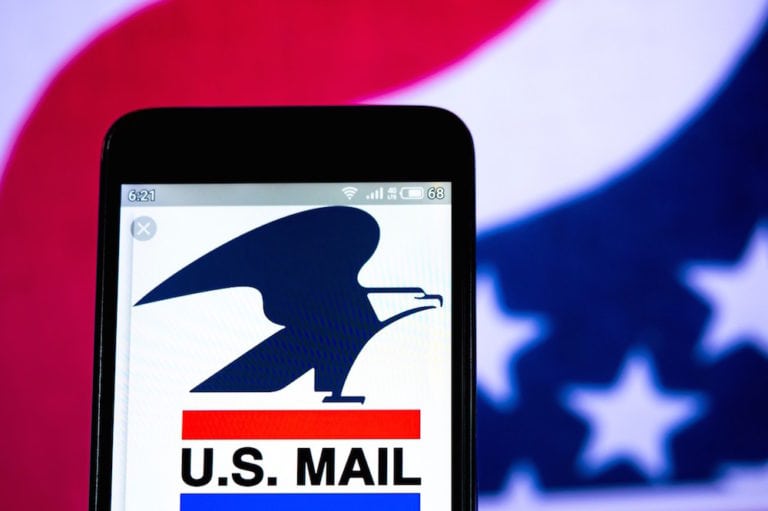
EFF sues U.S. Postal Service for records about covert social media spying program
The service looked through people’s posts prior to street protests.

Right or left, you should be worried about Big Tech censorship
Claiming that “right-wing voices are being censored,” Republican-led legislatures in Florida and Texas have introduced legislation to “end Big Tech censorship” – these laws are deeply misguided and nakedly unconstitutional.

A year of action in support of the Black-led movement against police violence and racism
“Black lives matter on the streets. Black lives matter on the internet.” The anniversary of George Floyd’s murder has inspired EFF to reflect on these commitments and the work of so many courageous people who stood up to demand justice.
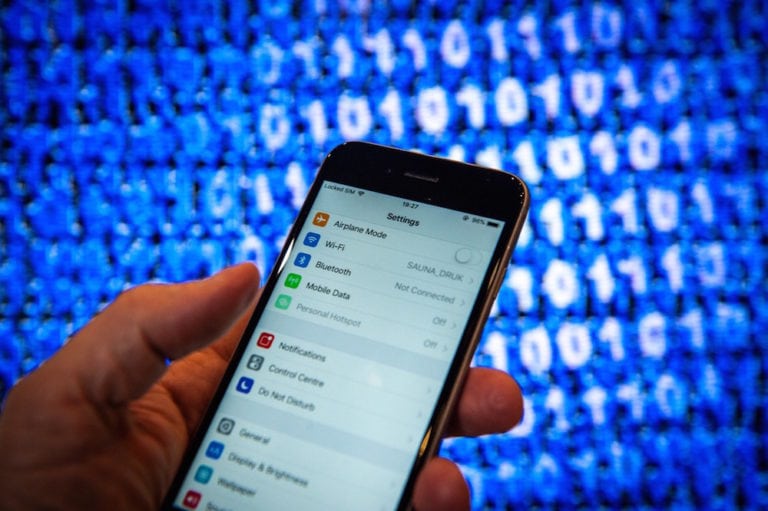
Dark patterns, web design, and free expression
PEN America – along with Consumer Reports, the Electronic Frontier Foundation, Access Now, and others – launched the Dark Patterns Tip Line, a website where anyone can share examples of the websites that confuse and coerce us into making decisions or agreeing to terms that we wouldn’t otherwise.
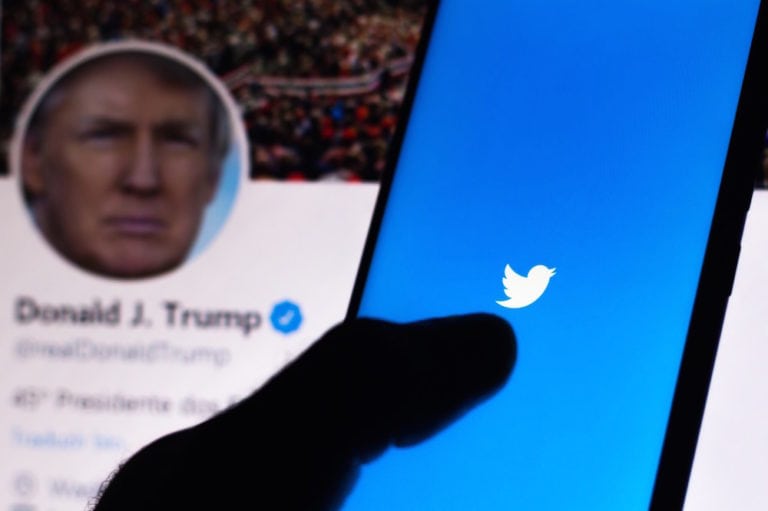
Newly released records show how Trump tried to retaliate against social media for fact-checking
A year ago, President Trump issued an Executive Order that deputized federal agencies to retaliate against online social media services on his behalf, a disturbing and unconstitutional attack on internet free expression.
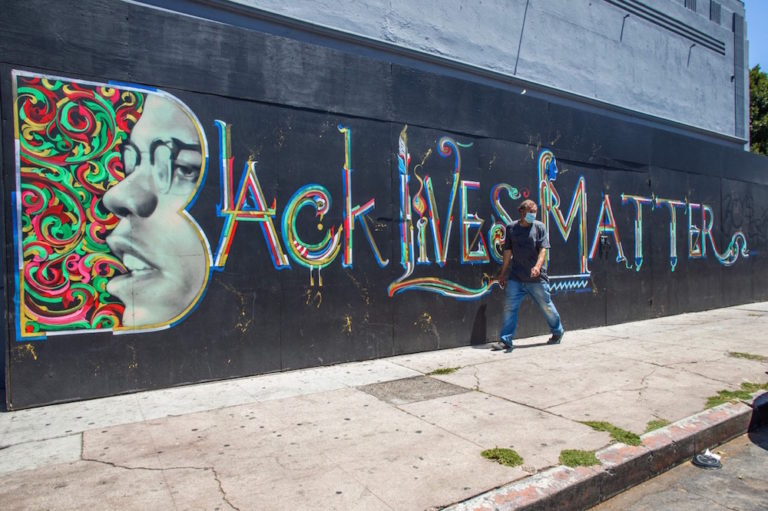
EFF sues police standards agency to obtain use of force training materials
Police group abusing copyright law to withhold documents, violate Public Records Act.
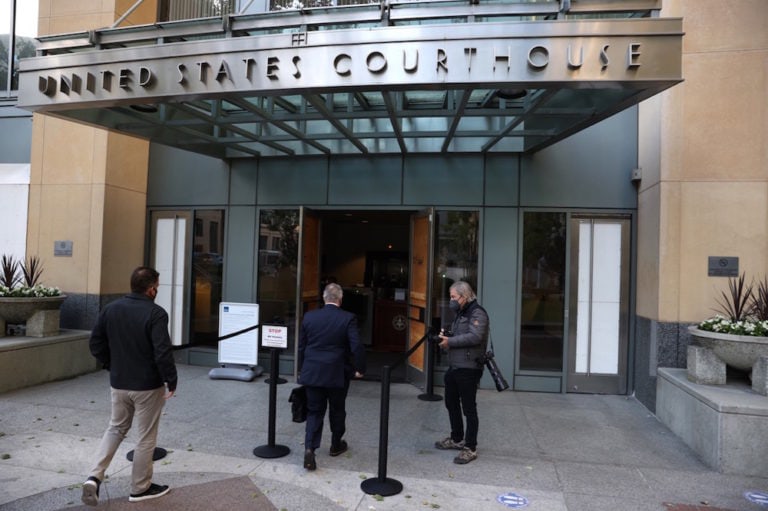
EFF tells California Court that forensic software source code must be disclosed to the defendant
EFF filed an amicus brief in State v. Alvin Davis in California, in support of Mr. Davis’s right to inspect the source code of STRMix, the forensic DNA software used at his trial.
Apple’s AppTrackingTransparency is upending mobile phone tracking
Apple’s long-awaited privacy update for iOS is out, and it’s a solid step in the right direction.
